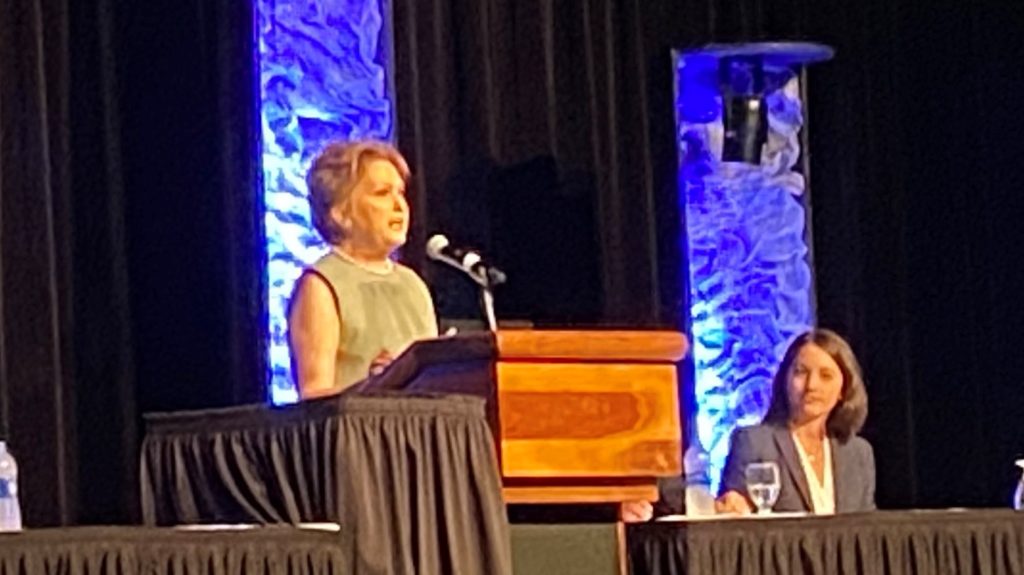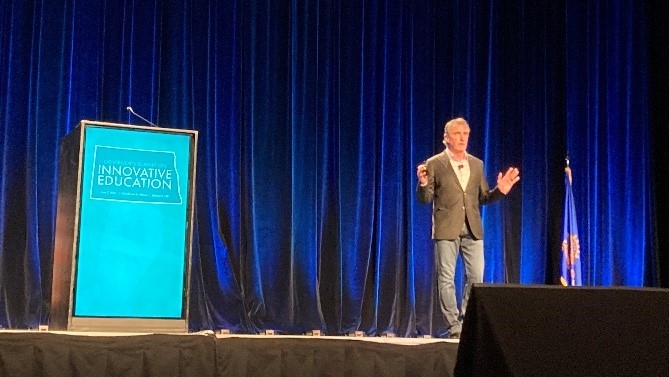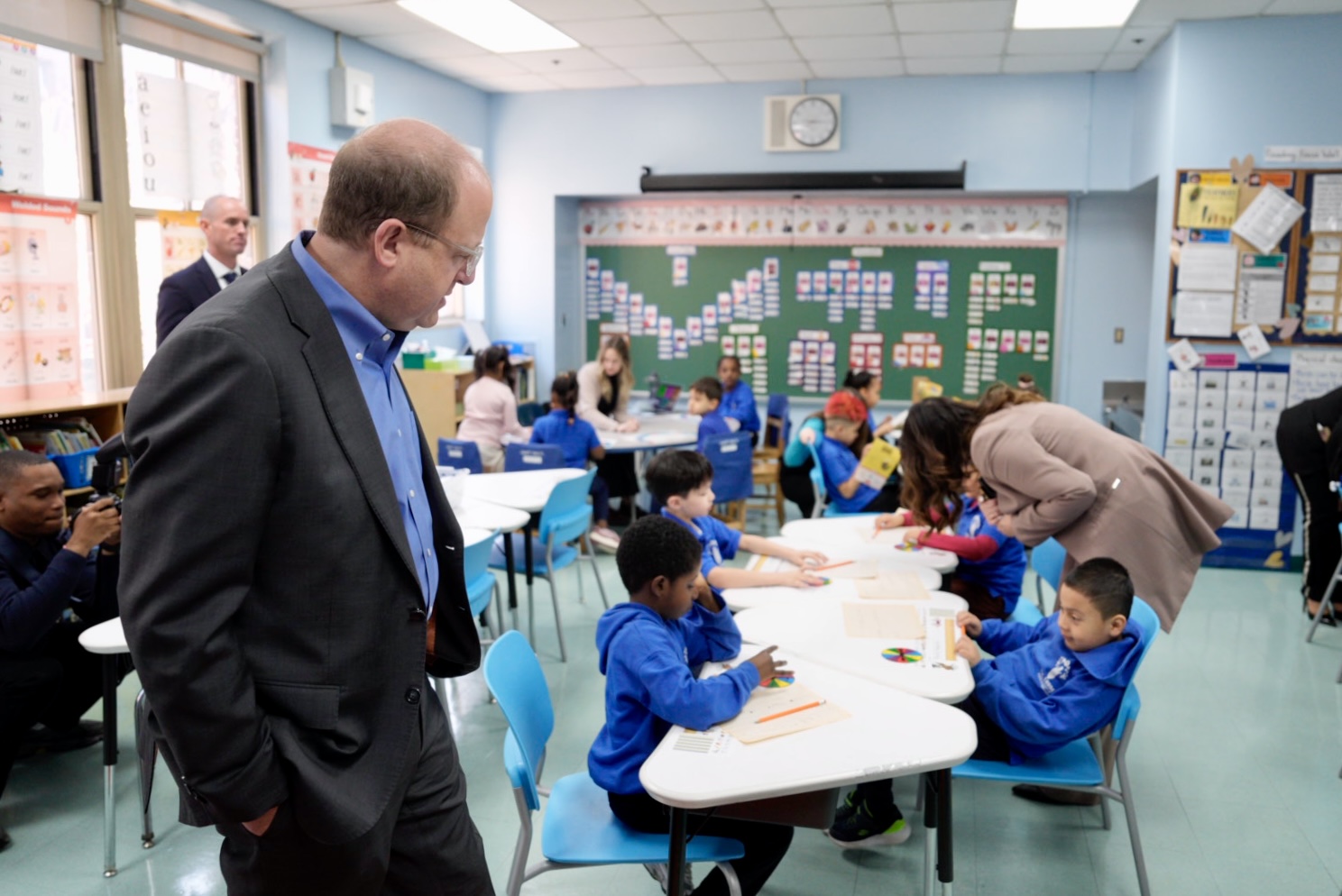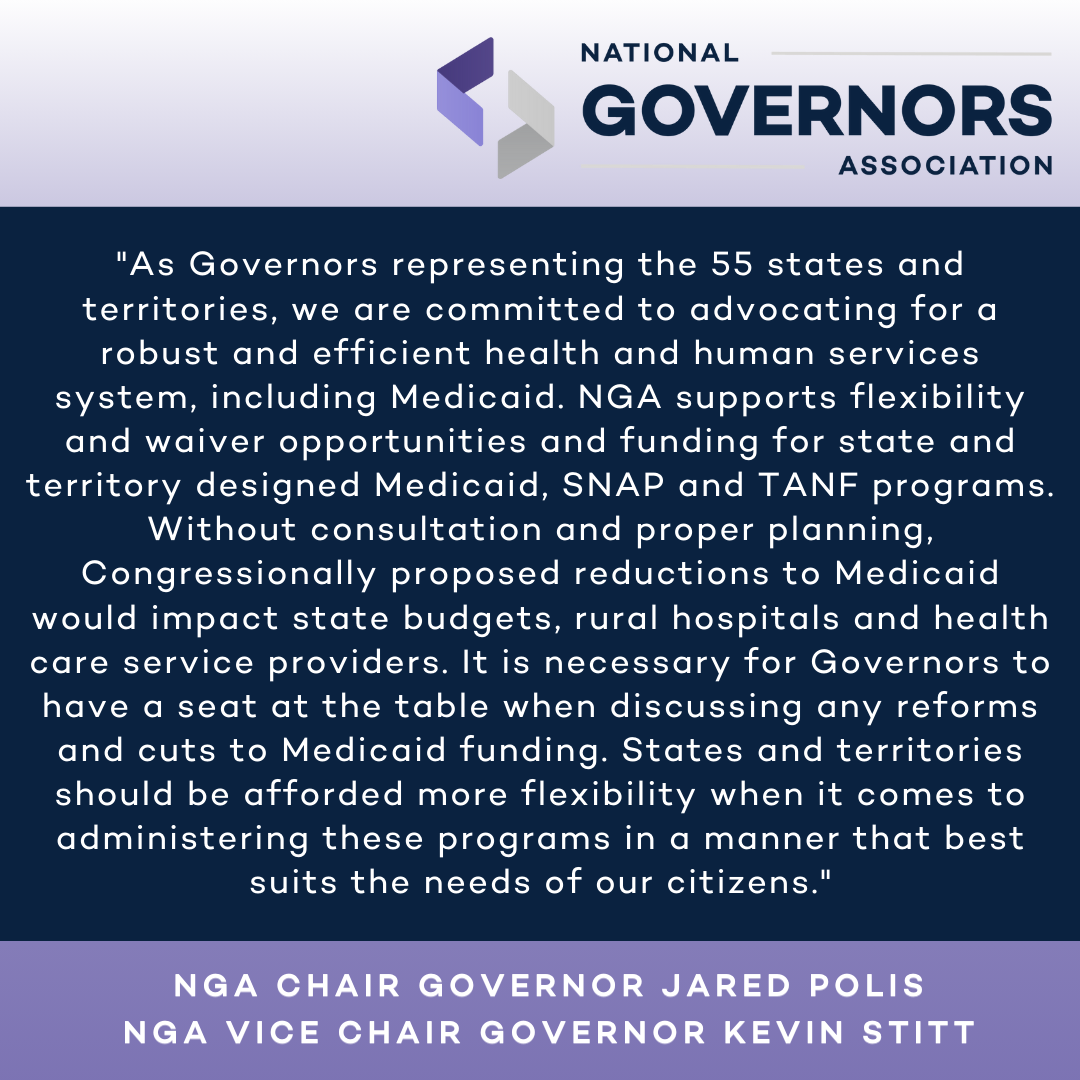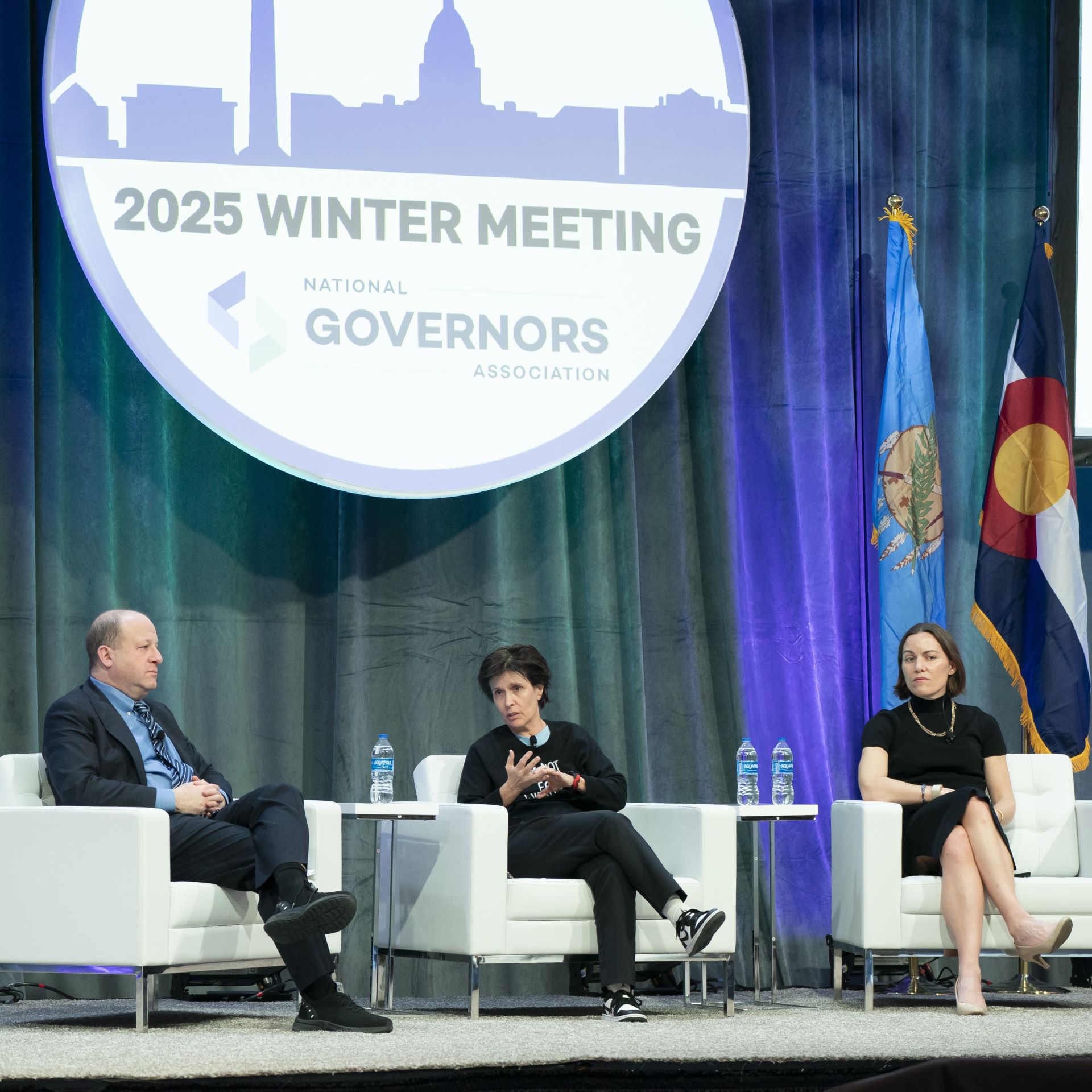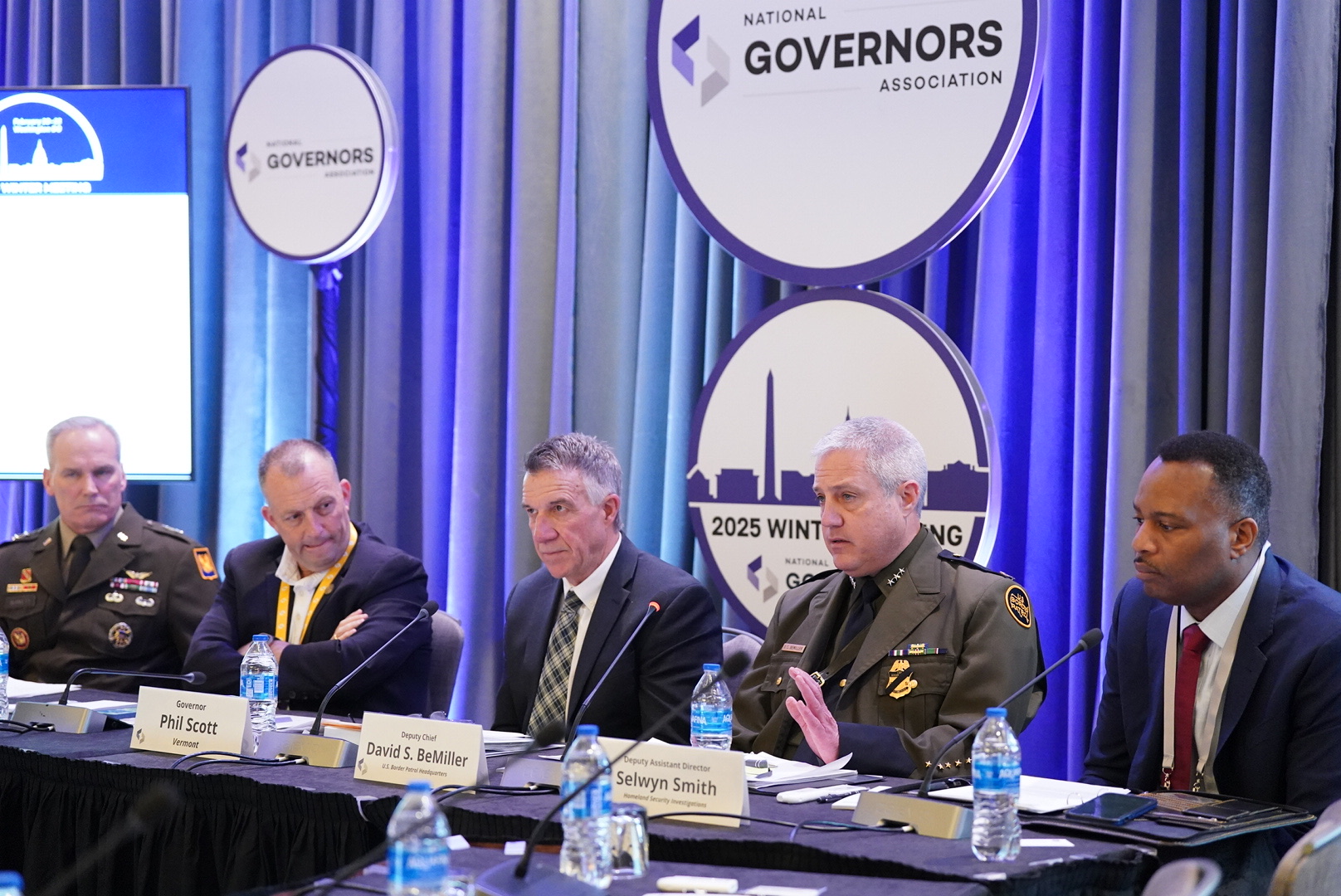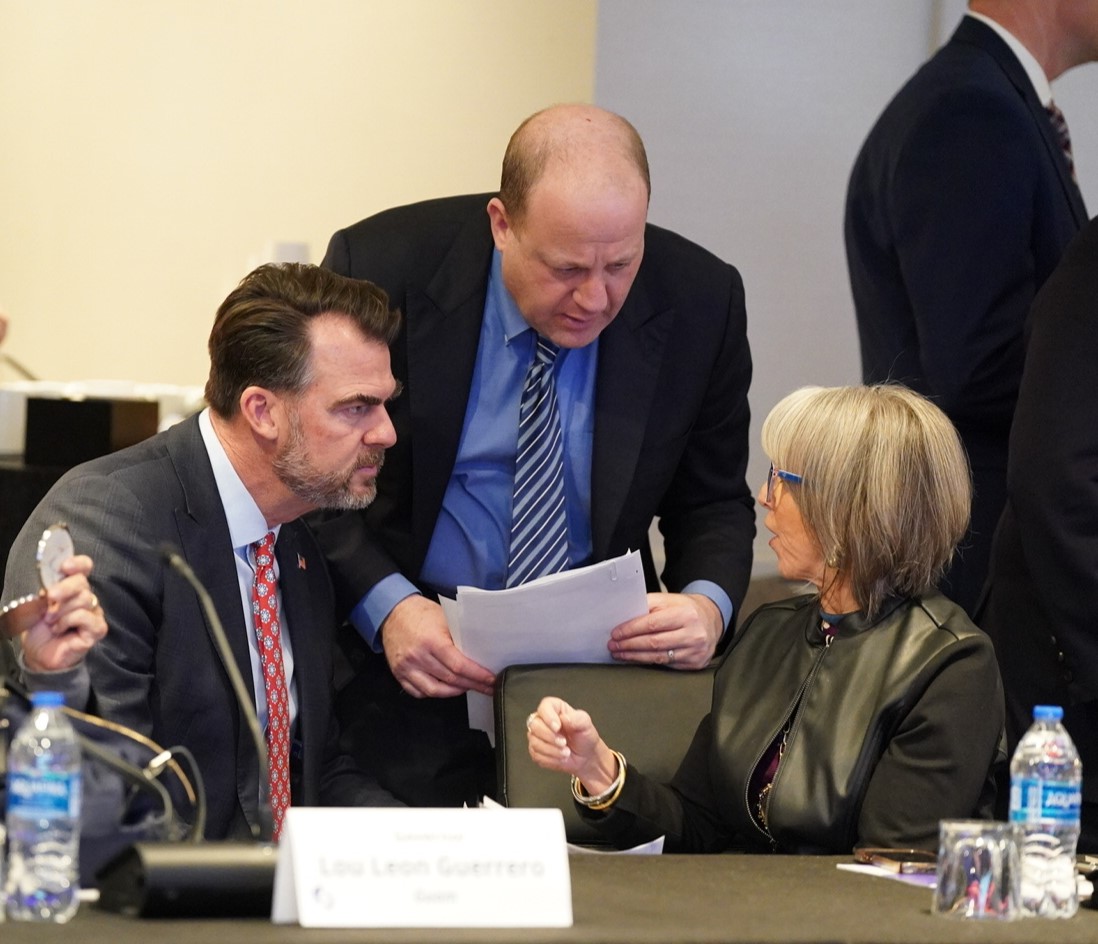NGA worked with a bipartisan group of six Governors’ offices to address the well-being of students and school staff during and beyond the COVID-19 pandemic.
The National Governors Association (NGA) engaged and supported six Governors’ offices – Arkansas, Indiana, Michigan, North Dakota, Oregon and Wisconsin – over 18 months to develop and carry out action plans focused on one or more state policy priorities related to developing and advancing strategies for addressing the well-being of students, families and school staff during and beyond the COVID-19 pandemic.

The initiative began in the spring of 2021, as students and their families confronted fear, anxiety, trauma, isolation, and stress during COVID-19, as well as growing public concern about economic instability and persistent racial inequities. While Governors have always worked to comprehensively meet the needs of students, the pandemic highlighted the amplified need for whole child approaches to education grounded in the science of learning and development, including support strategies such as cross-agency state plans, community schools, integrated wraparound services, a positive school climate and family, student and community engagement. As such, Governors increasingly emphasized and prioritized the importance of addressing the holistic needs of students as schools reopened.
Two common themes have emerged from the work of these states as being foundational to improving student, family and school staff well-being: cross-agency collaboration and family engagement. Each state has a unique approach and context for supporting students’ holistic needs:
Arkansas developed a state plan for addressing the barriers to meeting the mental health and well-being of students through a comprehensive, multi-agency task force. In June 2021, Arkansas’ Department of Education hosted the Advancing Wellness and Resiliency in Education (AWARE) Forum to build on their commitment to student and educator well-being and gather input from district leaders, educators and students to inform the forthcoming state plan. During the summer and fall of 2022, Arkansas’ Department of Education is hosting Arkansas THRIVE to train and support school leaders in multi-tiered systems of supports (MTSS).
Indiana formed a new office within the Department of Education for Student, School and Family Engagement and is examining the holistic skills that students need to have upon graduation to be ready for college and careers. Working with Gallup, this office will facilitate a statewide parent survey during the fall of 2022 and analyze that data to inform their efforts to address student well-being in the coming years.
Michigan leveraged the Governor’s cross-agency, cross-sector Student Recovery Advisory Council to develop the Blueprint for Comprehensive Student Recovery. Governor Whitmer held roundtable discussions with local school districts to discuss their efforts to support students’ social-emotional and mental health needs as they transitioned back to school buildings last fall. The Social and Emotional Learning and Children’s Mental Health Network supported districts that held student voice focus groups to strengthen engagement.
North Dakota is working to align the state’s career-ready skills with students’ development of essential skills, including through the Workforce Development Council and North Dakota Education to Workforce Pathways through SEL Coalition. The importance of this work was highlighted at the Governor’s Summit on Innovative Education in June 2021 and June 2022.
Oregon is piloting a Community Care Specialist model aimed at addressing students’ social, emotional and mental health needs and strengthening connections between students and families, schools and external systems of care. During Fall 2021, Oregon ran a Care and Connection Campaign with resources for schools to focus on building strong relationships with students as they returned to the classroom. Oregon’s Department of Education in collaboration with other state agencies and partners, also developed a mental health literacy module called Oregon Classroom WISE.
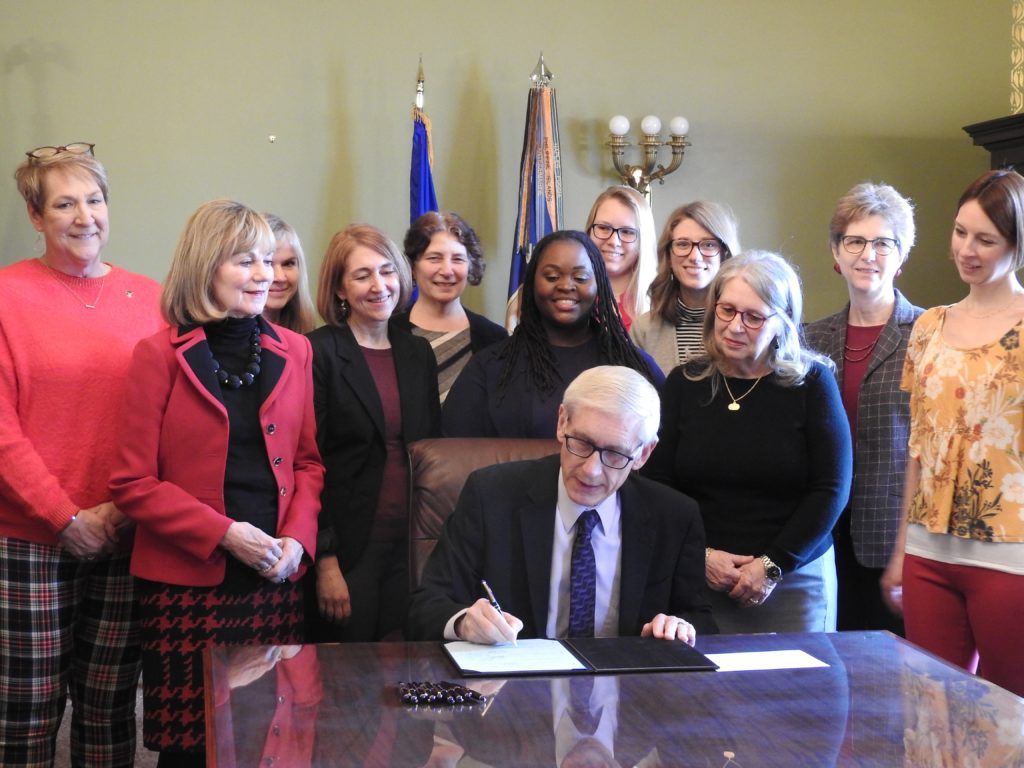
Wisconsin focused on parent and family engagement and piloted facilitated conversations to gather input on current family engagement practices and to increase understanding of social-emotional programming in schools. Student wellness is a priority for the Governor and First Lady and this work builds on a strong foundation set by the Wisconsin School Mental Health Framework.
As students, families and schools continue to navigate the evolving public health situation, Governors are continuing to prioritize student, family, and school staff well-being. NGA looks forward to continuing our support of these six Governors’ offices and all Governors as they seek to strengthen their efforts in this area.
Additional Resources
- CASEL – From Insights to Action: Redefining State Efforts to Support Social and Emotional Learning
- CASEL – The Collaborative for Academic, Social, and Emotional Learning
- CDC – Whole School, Whole Community, Whole Child (WSCC) model
- Learning Policy Institute and Turnaround for Children – Design Principles for Schools Putting the Science of Learning and Development into Action
- The Aspen Institute National Commission on Social, Emotional, and Academic Development – From a Nation at Risk to a Nation at Hope Executive Summary
- CASEL, CCSSO, and AIR – SEL MTSS Toolkit for State and District Leaders
- Learning Heroes – Developing Life Skills in Children: A Road Map for Communicating with Parents
- CCSSO – Parent and Community Engagement Resource List
- Regional Educational Laboratory (REL) Pacific – Teacher Wellbeing Infographic
- Transforming Education – SEL in a Virtual World Guide
- WestEd – Serving the Whole Person: An Alignment and Coherence Guide for State Education Agencies
- The Aspen Institute Education and Society Program and ExcelinEd – Creating Conditions for Student Success: A Policymakers’ School Climate Playbook
- Learning Policy Institute – Restarting and Reinventing School
- Aspen Institute – Family Engagement Rubric
- CCSSO & NCSMH – Advancing Comprehensive School Mental Health Systems
- Community Schools Playbook
- Kentucky Student Voice Team – Students as Partners Report
- Learning Policy Institute – Whole Child Policy Toolkit
- MDRC – School-Community Partnerships
- Statewide Family Engagement Centers

